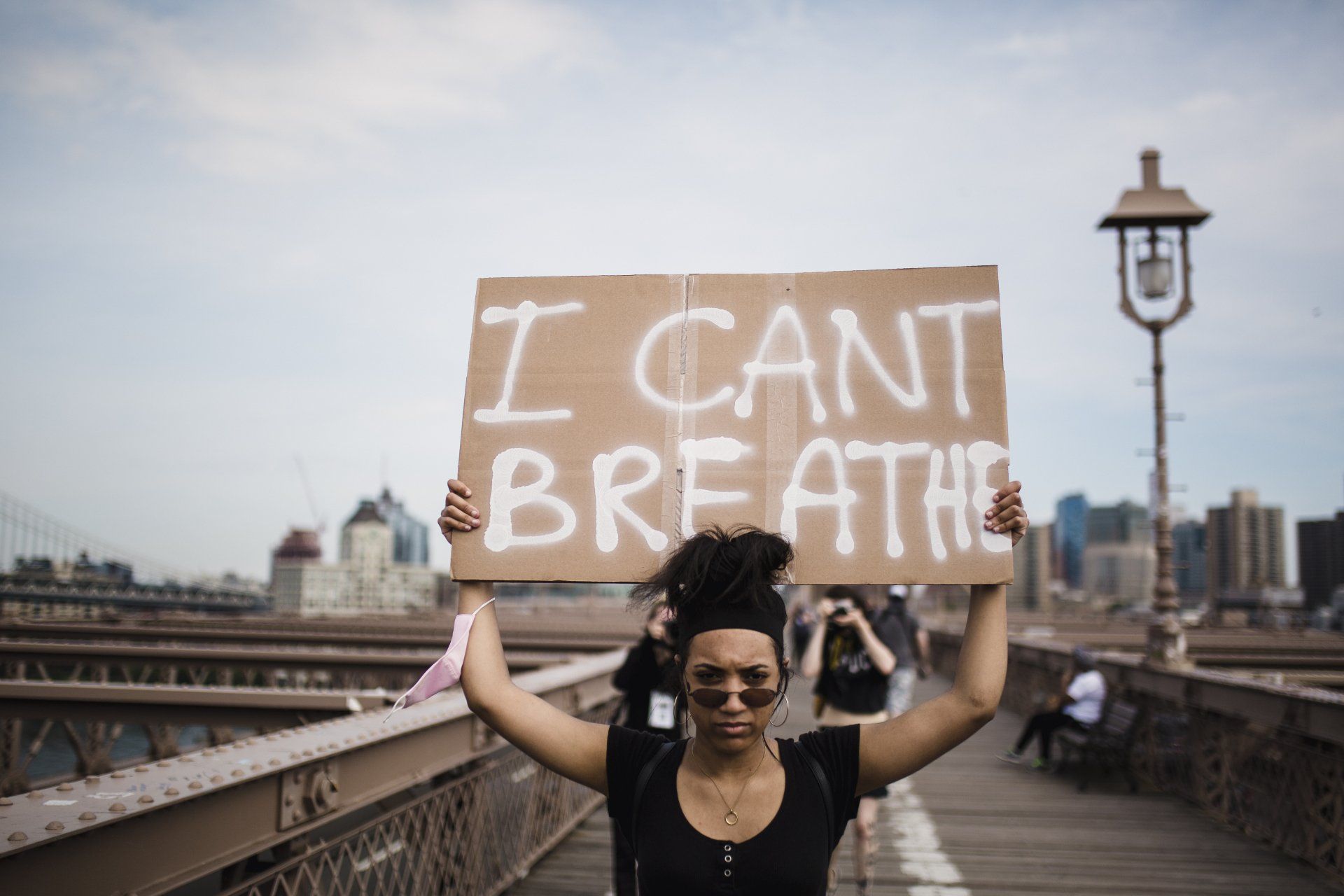As we are heading into the Holiday Season, police activity and presence on the road and in public places will increase and with that, more police interactions will take place. When dealing with police officers, it is important to remember that you have rights that are constitutionally protected under the
Canadian Charter of Rights and Freedoms . The most prominent rights that are triggered during police interactions are sections 7, 8 , 9 and 10 of the
Charter . The focus in this post will be on the right under section 9, which is the protection against arbitrary detention or imprisonment.
Section 9 of the Charter states that
Everyone has the right not to be arbitrarily detained or imprisoned
This right protects individual liberty against unjustified state interference (
R . v.
Le , 2019 SCC 34 at para. 25). It also protects an individual’s right to make an informed choice about whether to interact with the police or to simply walk away (
R . v.
Thompson , 2020 ONCA 264 , at para. 30). In addition, when a person is detained, an additional right is triggered, which is the right to be informed of the reason for the detention (right guaranteed under s. 10(
a ) of the
Charter ), and the right to retain and instruct counsel without delay and to be informed of that right (guaranteed by s. 10(
b ) of the
Charter ).
Arbitrary Detentions
Given that a person has the right to be protected against arbitrary detentions, and that upon detention, additional rights are triggered, it is important to establish when a detention occurs.
When does a Detention arise?
A detention arises only where the police suspend an individual’s liberty through “a significant physical or psychological restraint”. Not every interference with an individual’s liberty attracts
Charter scrutiny (
R . v.
Tutu , 2021 ONCA 805, at para. 12).
Psychological Detention
Physical detention is usually obvious and easy to detect. When the police handcuff an individual, the person is physically and obviously detained at that point. What is not so obvious though is when a person is psychologically detained. A person may be detained without there being actual physical contact or touching on the part of the police. The Supreme Court noted in
Grant that psychological detention is established where the individual has a legal obligation to comply with the restrictive request or demand, or a reasonable person would conclude by reason of the state conduct that he or she had no choice but to comply (
Tutu , at para. 13).
2 Types of Psychological Detention
In Thompson at para. 36 the Ontario Court of Appeal explained that psychological detention or restraint can arise in two ways, when: (1) “an individual is legally required to comply with a police direction or demand”; or (2) absent legal compulsion, when “the police conduct would cause a reasonable person to conclude that he or she was not free to go and had to comply with the police direction or demand.
For the purpose of this analysis, what was in the mind of the accused person or the police officer’s intention are irrelevant. What matters is whether a reasonable person in the circumstances of the accused would conclude that the police conduct effected a detention (
Tutu , at paras. 20 & 21).
Psychological Detention will happen much before a person is arrested
Thus, in certain police encounters, a psychological detention will occur way before a person is arrested and physically restrained by police. A detention can occur when a police officer for example blocks with his police cruiser a person’s car and asks the person a series of questions thus creating an expectation on the part of the person that there is an obligation to answer police questions. The moment an individual is detained, the police officer has an obligation to inform the individual of the reason for the detention and that s/he has the right to retain and instruct counsel without delay. Failure on the part of the police to implement those rights may constitute a breach and a potential exclusion of the police evidence that was obtained following the police interaction.
If you have encountered such a situation where you were detained and police did not provide you with your rights adequately, you should contact a lawyer and provide the facts of your case. The facts are very important and will determine whether or not there was a breach of your rights.

About The Author
Maya Shukairy is a criminal defence lawyer based in Ottawa, Ontario. Before becoming a criminal defence lawyer, she worked in a Crown’s Office gaining experience working as a Crown prosecutor. Maya offers her services in English, French and Arabic. Shukairy Law has affordable rates and accepts Legal Aid certificates.
Find this post informative?
Share it with your friends and family.
CAUTION: the information on this page does not constitute legal advice and is NOT a substitute for legal advice. To obtain legal advice please refer to a lawyer. If you do not have a lawyer and you are seeking legal advice, you may contact us at (613) 670-5819.
Take a look at a few other posts...



